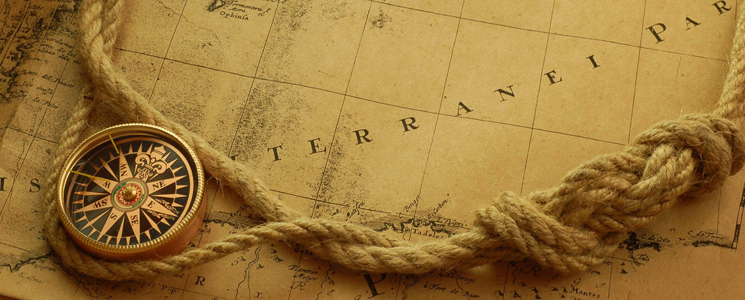
Let's imagine a game. It's called High Five. On the count of three, we each reveal a number of fingers on one hand. Whoever shows the highest number wins. Ready? One... Two... Three!
Aw, nuts.
It shouldn't take long to figure out that there's only one strategy to this game and that two people playing to win will always show all five fingers. It's just not that much of a game, is it? But why not?
One of the earliest lessons improvisers learn is to say YES to an idea. Accordingly, if you do improv long enough, you'll play this game (which I've modified here to the Lil' Jon version). Two players are on stage and one of the two can only say three things:
- Yeah!
- What?
- OK!
Essentially one of the players is forced to exclusively accept the other's offers, a relentless torrent of YES. The other player might feel a responsibility to drive the scene because they are doing all the heavy lifting of creation. An offer is sent out and accepted with nothing added. Which is fine. Good improvisers can have a lot of fun with this in either role. Dialogue is not the only route to improvisation.
But the player with the word restriction has very predictable reactions. We're only going to hear one of three very similar things. Just saying YES is enough but you're not doing your scene partner any favours. If you're only saying YES to my ideas, I know what will happen next. I can plan ahead. There's no surprises. I'm playing tennis against a wall.
Typically right after learning to say YES to ideas, players learn about the AND. YES + AND. If you say YES to my idea AND you add your own on top of it, well… *EXPLOSION SOUNDS* That is where our brains explode with joy.
You AND my YES, I AND your YES; we keep going back and forth. We are playing tennis together. We are exploring, the both of us, uncharted territory. We are simultaneously discovering what the scene is about.
Plus it's not just you and I in our magical world of YES AND but the audience is also discovering it at the same time. This is why improv on video can feel so lifeless compared to watching it live, emerging on the stage before our eyes. The moment of discovery has passed us by and we are only seeing its echo.
If you are adding something to an idea, you are forcing to me to create on the fly. There's no way for me to plan ahead, no way for you to be predictable. An improviser's brain is thrilled with the idea of suddenly having to come up with something. You have surprised me and triggered my creativity, right then, right there. And that should be pure pleasure because now we are explorers, creating and discovering our world together. The moments where I have no clue what is about to happen are the only moments I am truly improvising.
So give your scene partners that gift and let them give you the same. Saying YES is great. It's honestly amazing. But adding that AND, that unpredictable AND, is the trick that lets us all, players and audience, share in the surprise, creativity, exploration and discovery of improvised theatre.
PS: If you want a playable version of High Five, check it out over here.
· · ·